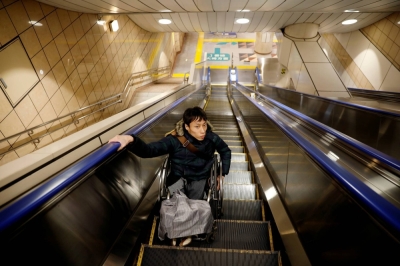THE ZEIT GIST
Mar 31, 2009
Mar 24, 2009
Mar 17, 2009
Mar 10, 2009
Mar 3, 2009
Feb 3, 2009
Jan 27, 2009
Jan 20, 2009
Jan 13, 2009
Jan 6, 2009
Dec 30, 2008
Dec 23, 2008
Dec 16, 2008
Dec 9, 2008
Dec 2, 2008
Nov 25, 2008

































